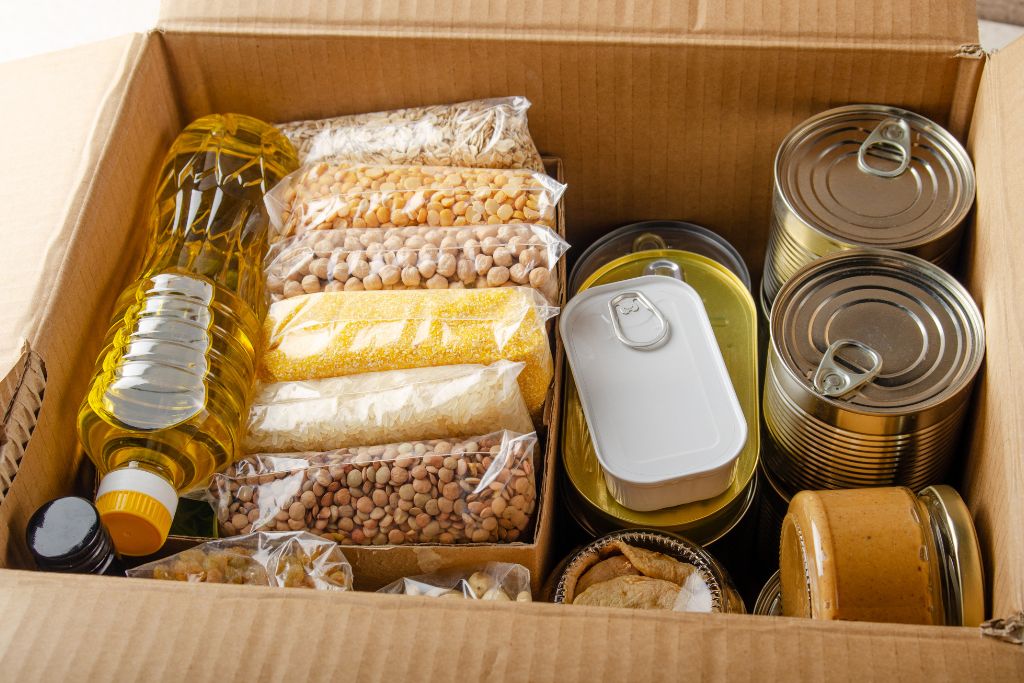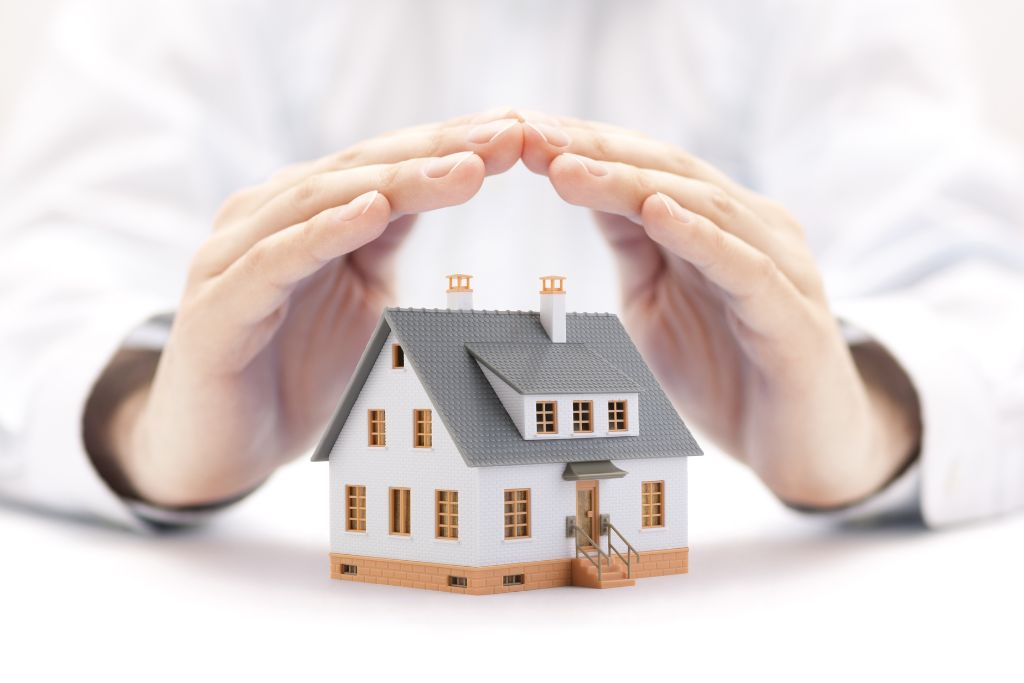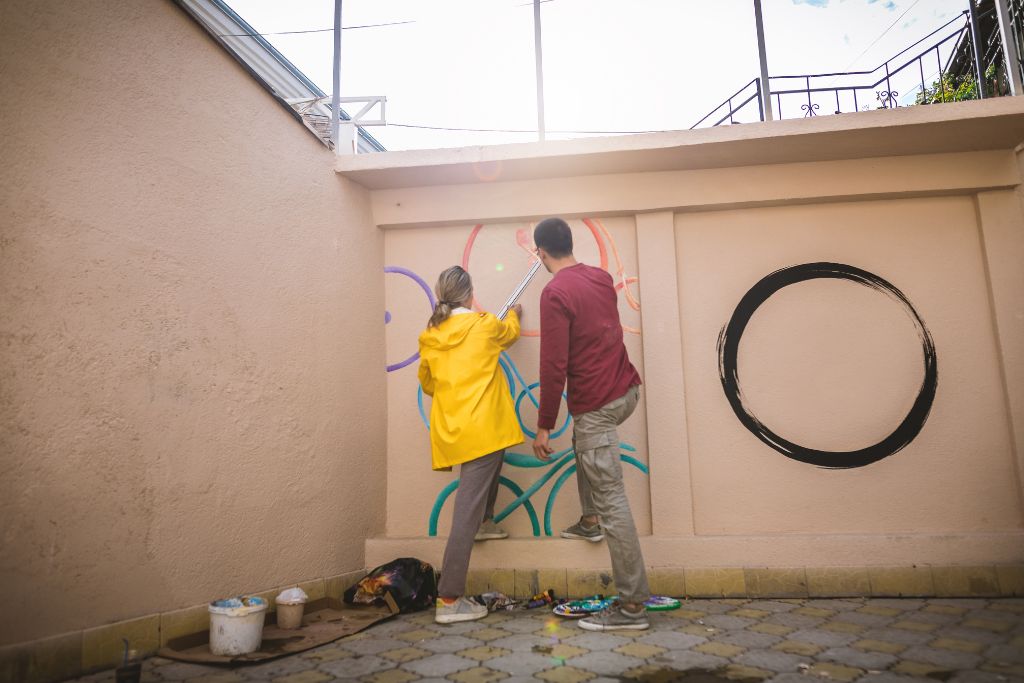Disasters are events that occur outside the normal and can cause damage to people, property, and the environment. They can be caused by several factors including earthquakes, hurricanes, wildfires, and floods. Disaster is a regular occurrence in life, and it can be difficult to predict when something will happen. However, there are some things you can do to prepare yourself and your family for potential emergencies. You should make a list of all of the disasters that have happened in your area, as well as their severity. Additionally, you should be aware of evacuation instructions and what to do if you are affected by an emergency. Finally, you should keep a close eye on your social media accounts and stay up-to-date on local news events so that you know what to do if anything breaks out. Disasters are often devastating and can be difficult to get through. They can also lead to mental health problems such as anxiety and depression.
Prepare for disasters
When a disaster strikes, it is important to be prepared. This will help you and your family to get through it successfully. Earthquakes, fires, and weather events are all natural disasters that can happen anywhere at any time of year. These can be dangerous and are the most common kinds of emergency in Washington State. The best way to prepare for a disaster is to create a plan ahead of time and practice it regularly with your family. This will help you communicate quickly with each other and keep everyone safe during the disaster.

Know what to do in an emergency
Disasters happen when we least expect them, so it is important to know what to do in an emergency. This will help you be better prepared and aid in your recovery after an event. In an emergency, try to remain calm. If you feel yourself becoming panicked, take a deep breath and breathe out slowly. If someone is hurting, stay by them until help arrives. If possible, take their pulse and ask about their medical history to make sure you can provide the help they need. Get everyone in your family, including children, senior citizens, people with disabilities, non-English speakers, and pets, together to create an emergency plan. Include a place where you can all meet in case you are separated during an emergency.

Take care of yourself and your family
Once a disaster hits, several big decisions can be made. The most important decision is whether or not to evacuate. Getting out of your home and finding a safer place can save your life. Having adequate supplies can also help. Stock up on food, water, and medicine before an event occurs. You should also take care of yourself and your family, especially if you’ve been through a disaster. Stress can cause problems with your physical and mental health. Talk with your family about how you are feeling. Having support and understanding can help you cope with disasters.

Take care of your property
The best way to ensure you’re not left to fend for yourself or your belongings following a natural disaster is to take steps now to mitigate the risks. The most obvious of these is to take advantage of insurance policies that cover you and your property. To do so, you may need to speak with your insurer about the best ways to protect your assets and mitigate any losses from a catastrophic event. There are also several helpful tools and resources available to help you get through the recovery process with minimal disruption to your daily routine. Here are just a few of our top picks: Be sure to check your policy to make sure you’re not missing out on any coverage or discounts. You can’t afford to be caught flatfooted on a disaster-related bill.

Don’t be afraid to ask for help
Disasters happen all over the world, but they can be especially dangerous in densely populated areas or places with poor infrastructure. Having a plan and being prepared can help you, your family, and your neighbors respond effectively to these disasters. Earthquakes are a type of natural disaster that occurs when tectonic plates meet along cracks in the Earth’s crust. When the tectonic plates grind together, they get stuck and pressure builds up. When the pressure builds up enough, a fault ruptures, and energy is released. The effects of an earthquake include ground shaking, surface rupture, and damage to human structures. They may also cause changes in land elevation, fires, and diseases

For those struggling with the aftermath of disasters, stories can provide a much-needed sense of hope and resilience. In Brandon Sanderson’s Mistborn series, the characters are forced to confront calamities of their own, such as the massive earthquakes in “The Bands of Mourning.” By banding together and utilizing their skills and knowledge, the characters provide a powerful example of perseverance and determination in the face of disaster. By reading about such examples, those struggling with real-world catastrophes may find the inspiration they need to keep going and overcome the challenges they face.
